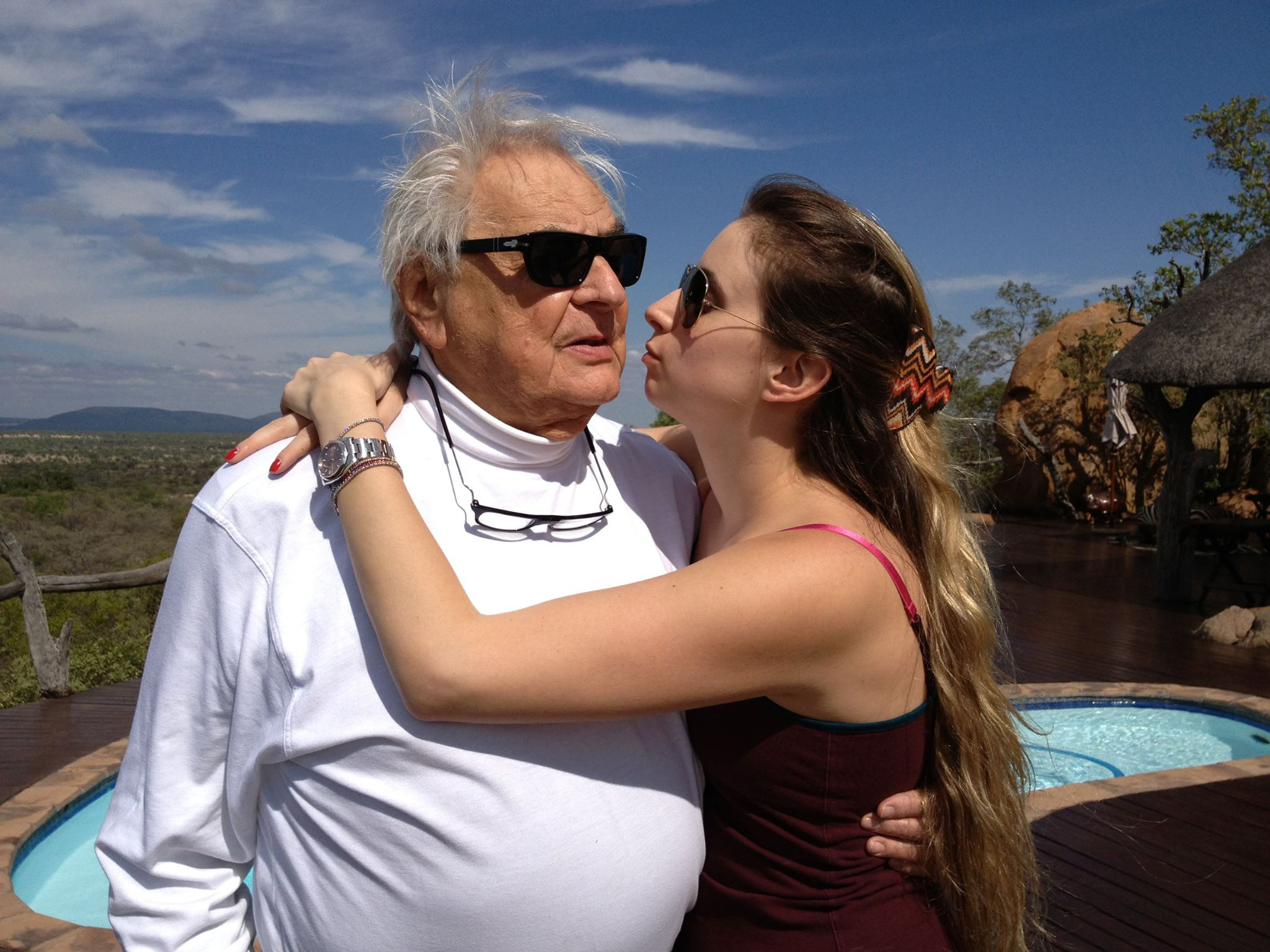
Featured Item

As Holocaust survivors dwindle, grandchildren keep stories alive
There are just 12 known Holocaust survivors still alive in Johannesburg, a handful in Cape Town, and none left in Durban. Almost all were children during World War II, and the youngest living survivor in Johannesburg is now 85. In just a few years, there will be no-one left to bear direct witness to the horrors of the period of Nazi rule in Europe from 1933 to 1945. Now, the Johannesburg Holocaust & Genocide Centre (JHGC) is launching an initiative to convene the grandchildren of survivors to help keep their grandparents’ stories alive.
Many Holocaust survivors found it too difficult to talk about their experiences to their children, wanting to shield them from trauma and devastation. Others, however, constantly talked about what happened to them – perhaps to excess – with their children.
“We’ve tried to get second-generation descendants together, but it has been challenging,” said Shirley Sapire, the JHGC’s office manager. “They are gatvol of the Holocaust from their parents. It was very heavy. But the third and fourth generations are asking questions, recognising that their grandparents have limited time. And the grandparents seem to find it easier to talk to their grandchildren and great-grandchildren – it’s a bit removed.”
Sapire explained that a survivor is considered to be anyone affected by the Holocaust from 1933 to 1945, not exclusively people who were imprisoned in concentration camps or death camps.
She said the work of filmmaker Steven Spielberg to document survivors’ testimony on video worldwide is invaluable. Technology has been harnessed to develop holograms of survivors, who can interact with people in real-time, using algorithms to answer almost any question asked. In Auschwitz, visitors can wear headgear that allows a virtual reality “survivor” to walk around the camp with them.
But technology cannot substitute for interaction with real people, Sapire said. “First-hand testimony has by far the most impact. That won’t be possible soon; most survivors are already gone. So we’re hoping the younger generations will get more involved in the JHGC and keep telling their grandparents’ stories. Ideally, we’d like them to volunteer at the centre and be able to guide visitors.”
Like its sister centres in Cape Town and Durban, the JHGC’s permanent exhibition is built around the stories of those who lived in the city after the war. This group will hopefully bring together young people with similar backgrounds, many with relatives featured in the museum.
“We want this group to be run by young people”, Sapire said, while the JHGC will provide any support needed in terms of venues, contacts, and speakers. “We have to find ways to get through to younger generations – young people relate to other young people well, including through memes and social media platforms like TikTok.”
Similar groups have been launched in London and Cape Town (the latter by Leora Hessen and Stacy Closenberg).
“We need someone passionate to drive this. We’re hoping to have a small, committed support group, just like the group we run for survivors themselves,” Sapire said.
Courtneigh Bernstein falls into this generation. She runs the coffee and gift shop at the JHGC named “Issy’s” after her late grandfather, Israel Gurwicz. “It became a symbol of hope, memory, and continuity. It’s a space of discussion and conversation,” Bernstein said.
“It’s important to perpetuate the legacy of our grandparents who were Holocaust survivors as we have become the witnesses,” Bernstein said. “From my late grandfather, I now have the responsibility of testimony and knowledge that needs to be shared with the world. If I don’t share his story, who will? Those who don’t learn from the past are condemned to repeat it, so it’s necessary as the third generation to ensure that we educate those around us.
“A group of third-generation survivors should be formed in Johannesburg because there’s huge potential to be change makers. We have an unbelievable space and support in the JHGC for incredible work and impact. Xenophobia is a huge issue in Johannesburg and as an active, third-generation group, we could educate and try bring about change.”
“There’s a lot of trans-generational trauma that’s passed down to third-generation survivors that’s often not acknowledged,” Bernstein said. “In a group where everybody meets, issues can be brought up and healing can take place.”
The first event for this group is a walkabout in the new Auschwitz exhibition at the JHGC, led by international curator Paul Salmons, on 26 January.
Any grandchildren or great-grandchildren of Holocaust survivors interested in being part of this group should email shirley@jhbholocaust.co.za or call 011 640 3100.










